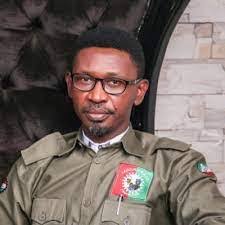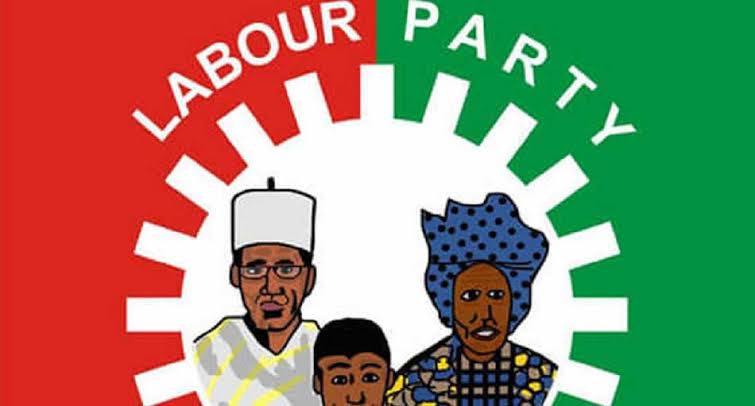Abuja, Nigeria
The political landscape of Nigeria is already buzzing with anticipation for the 2027 presidential elections, and the race has officially gained its first contender from the Labour Party. Kennedy Ahanotu, the party’s National Youth Leader, has boldly declared his intention to vie for the nation’s highest office. Ahanotu’s declaration signals a significant shift within the political landscape, emphasizing a call for a “fresh start” rooted in institutional reforms, patriotism, and competence, and advocating strongly for a generational shift in leadership.
Ahanotu, a prominent voice among the youth in the Labour Party, made his intentions clear, becoming the first aspirant in the party to openly join the presidential race. His declaration resonates deeply with a growing sentiment among young Nigerians for more inclusive governance and a decisive departure from traditional political structures that have, for too long, sidelined their aspirations and contributions.
Nigeria boasts a remarkably young population, a demographic reality that makes Ahanotu’s candidacy particularly pertinent. According to various reports, including those from the United Nations and the National Bureau of Statistics, a substantial percentage of the Nigerian population falls within the youth demographic.

For instance, as of 2024, approximately 70% of Nigeria’s population, which stands at just under 230 million, is under 30 years old, making Nigeria one of the countries with the largest youth populations in the world. Specifically, figures suggest that about 52.2 million Nigerians are within the 18-35 age range, representing roughly 28% of the total population. This significant “youth bulge” underscores the immense potential power of the youth vote and their growing desire for meaningful representation in all spheres of governance. The median age in Nigeria is a striking 18.1 years, further emphasizing the youthful nature of the country.
Despite their numerical strength and demonstrated enthusiasm, youth representation in elective positions has historically been low. While the “Not Too Young To Run” Act, signed into law in 2018, has made some strides in lowering the age requirements for various political offices – reducing the age for presidential candidates from 40 to 35, governorship from 35 to 30, and House of Representatives and State Houses of Assembly from 30 to 25 – significant barriers remain. The impact of the Act, while positive, has been gradual. For example, in the 2019 elections, only 0.6% of seats in the National Assembly were occupied by youth, though state-level representation was higher at 6% in 34 State Houses of Assembly. In the 2023 general elections, youth representation in the House of Representatives saw a modest increase to 3.92%, while in State Houses of Assembly, it rose to 9.2%. Despite these gains, the presidential office has largely remained the domain of older politicians, highlighting a persistent gap in youth leadership at the highest level.
ALSO READ: https://nationscuriosity.com/esther-okoronkwo-crowned-super-falcons-fans/
Ahanotu’s declaration directly challenges this status quo. His message of a “generational shift” speaks to the aspirations of many young Nigerians who feel marginalized from the decision-making processes that directly impact their future. The youth’s active engagement in the 2023 general elections, accounting for approximately 39.65% or 37 million of the entire registered voters, demonstrated their willingness to participate and shape the nation’s political narrative. This unprecedented level of youth participation, largely mobilized through social media, indicated a clear demand for change and a desire for their voices to be heard.

The coming months will undoubtedly see more aspirants emerge from various political parties, each presenting their vision for Nigeria’s future. However, Kennedy Ahanotu has set an early marker, pushing for a discourse centered on fresh ideas and the empowerment of a new generation to lead Nigeria forward. His candidacy will likely ignite further discussions on the crucial role of youth in Nigerian politics and the urgent need for comprehensive institutional reforms to foster a more patriotic, competent, and inclusive leadership for the nation.
As Nigeria looks towards 2027, the emphasis on youth leadership promises to be a defining theme in the political discourse, potentially ushering in an era where the nation’s vibrant young population takes its rightful place at the helm.


